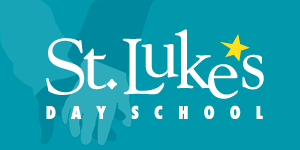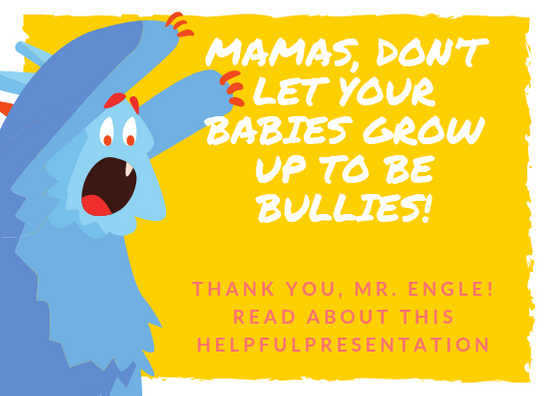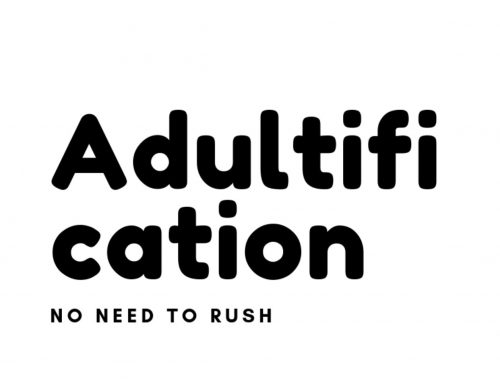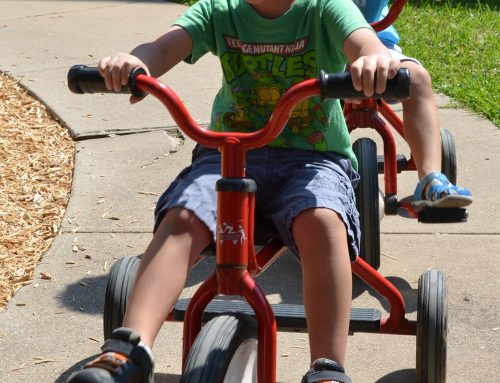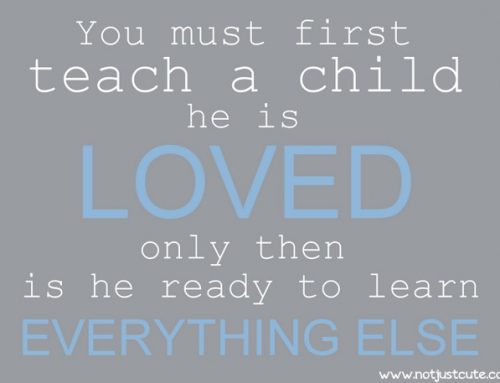Thank you all who joined our February 20th PEP Talk, “Mamas Don’t Let You Babies Grow Up to Be Bullies!” Mr. Engle offered an excellent overview of this hot topic. He was careful to explain that in today’s culture the word bully is so common that sometimes young children can be labeled bullies when they are in a typical age and stage of trying out appropriate and inappropriate social/emotional behaviors. Early childhood is the time that they are just beginning to learn right from wrong. That’s where we as caring adults come in to faithfully model desired behaviors, before these classic “unwelcome” behaviors become overarching harmful lifestyles.
Mr. Engle offered ways for parents and teachers to empower our young children with the skills needed to develop genuine kindness, altruism, empathy, and sympathy as each child grows. He challenged us with the question, “How do you teach the behaviors you want your child to have?” As our SLDS Early Literacy Specialist, Mr. Engle offered suggestions for helpful books to read with our children. He also gave a list of terms to consider as we reflect on this subject. The books and terminology mentioned are listed below.
If you are struggling with your child’s specific troubling behaviors, please don’t hesitate to make an appointment with Ms. Williamson, our Infant/Toddler Coordinator, or Mrs. Jones, our Twos to Kindergarten Coordinator. They are glad to help you think things through, and give you helpful tips and hints from their years of experience working with young children and families.
Let’s “train-up” our children in the ways that they should go! We’re here to partner with you to strengthen each child’s social/emotional skills while playing and learning together!
Twenty Books
Stories and books are one of the best ways to learn and teach. They help children and adults solve problems, begin challenging conversations, and reach new levels of understanding.
Abiyoyo, by Pete Seeger & Michael Hays (facing a threat, problem solving, reconciliation)
All Are Welcome, by Alexandra Penfold & Suzanne Kaufman (community, diversity, going to big school)
The Almost Terrible Playdate, by Richard Torrey (perspective taking, friendship)
Be Kind, by Pat Zietlow Miller & Jen Hill (kindness, friendship, helping others)
The Berenstain Bearsbook series, by Stan, Jan & Mike Berenstain (there probably is not a social, emotional, family or school situation that has not been addressed by the Berenstains)
Beyond the Fence, by Maria Gulemetova (bullying, standing up for one’s self, friendship)
A Big Guy Took My Ball!(misjudging others and situations), My New Friend Is So Much Fun!(changing friendships, feeling excluded), and Happy Pig Day!(feeling excluded) from the Elephant & Piggiebook series, by Mo Willems
Blocks, by Irene Dickson (conflict resolution, sharing, becoming friends)
Extra Yarn, by Mac Barnett & Jon Klassen (empathy, caring for creation, standing up for one’s self)
Goggles!, by Ezra Jack Keats (bullying, facing a threat, friendship)
How to Heal a Broken Wing, by Bob Graham (empathy, caring for animals, healing)
Knuffle Bunny Too(real life preschool social situations) and Knuffle Bunny Free(empathy, sharing, growing up), by Mo Willems
Last Stop on Market Street, by Matt De La Pena & Christian Robinson (community, serving others, diversity, welcoming the stranger)
Little Brown, by Marla Frazee (bullying, naming feelings, social thinking, problem solving)
The Peace Book, The Feelings Book, The Earth Book, The I Love You Book, and other books by Todd Parr (Parr’s books are a fun way to begin conversations about families, emotions, diversity and caring for others)
The Stray Dog, by Marc Simont (empathy, caring for animals, welcoming the stranger)
They All Saw a Cat, by Brendan Wenzel (perspective taking)
The Three Billy Goats Gruff, by Jerry Pinkney (bullying, problem solving, forgiveness, reconciliation)
The Wall in the Middle of the Book, by Jon Agee (misjudging others and situations)
Whoever You Are, by Mem Fox & Leslie Staub (diversity, similarities and differences, empathy)
Mamas Don’t Let Your Babies Grow Up to be Bullies!
Terminology
Bullying: Any negative action performed repeatedly by one or more people with the intention of hurting someone else and resulting in an imbalance of power. Bullying can be physical, verbal, relational or psychological. There are bullies, victims, and bystanders. (McIntyre)
Emotional Manipulation:“An attempt to control another person by artful, unfair, or insidious means.” It is very common in the parent-child relationship (rewards, praise, bribes and threats). “Children soon learn to model themselves on their parents.” (Brazelton)
Kindness: The quality of being friendly, generous, and considerate.
Empathy:The ability to understand others’ feelings by experiencing the same emotion oneself. “Family is critical in developing the child’s capacity for empathy, and parents, siblings, teachers, and peers all provide important influences on social perspective taking.” (Epstein)
Sympathy: Feelings of pity or sorrow for someone else’s misfortune.
Altruism: The willingness to do things that bring advantage to others, even if it brings disadvantage to the self.
Dan Engle (St. Luke’s Day School, Houston), February 2019
